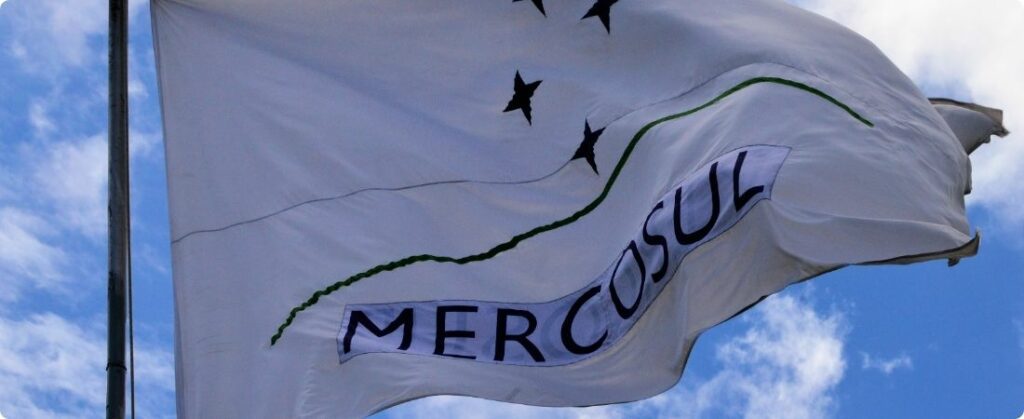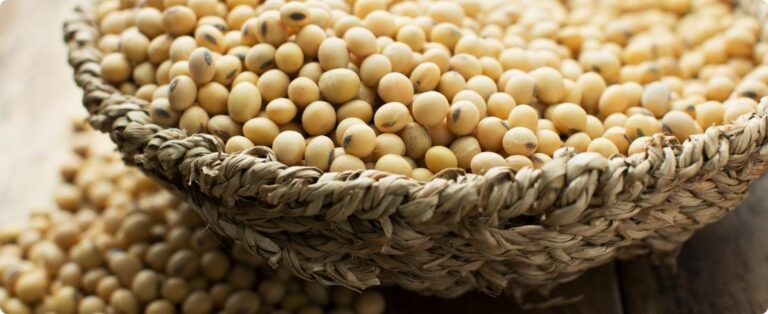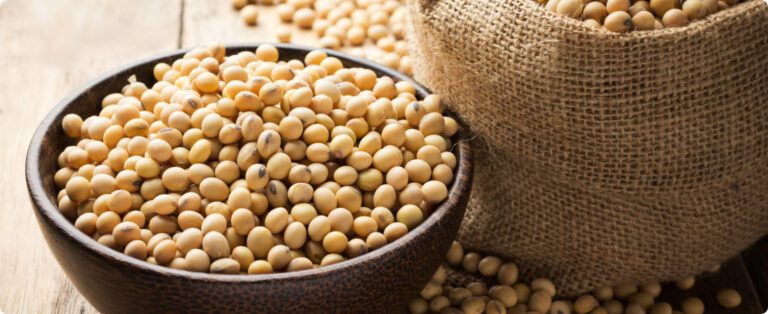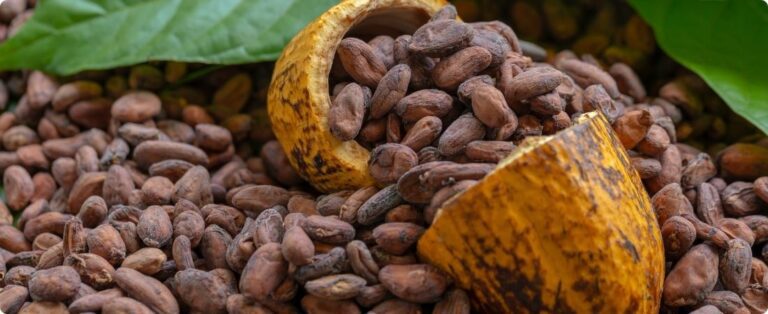
On December 6, 2024, the economic blocs Mercosur and the European Union announced a significant breakthrough in their negotiations, which have spanned 25 years and spanned multiple administrations on both sides. Although the ratification and implementation process is still long, this agreement represents a historical landmark and opens new perspectives for Latin American agribusiness.
The free trade agreement has been renegotiated several times. It contains safeguards to protect domestic markets. These features make it one of the largest bilateral agreements in the world.
The European Union currently ranks as Brazil's second largest trading partner. Brazilian imports from the European bloc are concentrated in high value-added products. These include pharmaceuticals, industrial equipment, automotive vehicles, iron, steel and electronics. These products have a significant influence on Brazil's trade balance. With the ratification of the agreement, these sectors of national industry or imports from other sources may face new competitiveness from European prices.
Opportunities for agribusiness
On the other hand, Brazilian agribusiness should benefit most from the agreement, especially the pork and poultry, fish, oils and fats, and live cattle sectors.

The agreement will reduce tariffs based on import quotas. In other words, it will limit exports of the aforementioned products, applying exemptions or lower tariffs. The countries in the bloc will control these quotas, with tariff elimination periods that will vary between 4 and 12 years, depending on the product.
Currently, Brazil exports beef under the Hilton Quota (approximately 5% of our export volume). This quota limits countries in the European bloc to importing 10,000 tons of boneless special cuts per year, with a rate of 20%. With the new agreement, Brazil will maintain this volume, but the rate will be zero. In addition, Mercosur will have a volume of 99,000 tons by carcass weight, of which 55% is chilled and 45% is frozen, with a rate of 7.5%, and the volume will increase in six stages. Brazil will compete for part of this volume together with Argentina and Uruguay, which also export beef cuts to Europe.
Oilseed complex
Brazil has a large production of soy oil, accompanied by high domestic consumption. This consumption is directed both to the food industry and to the biofuel and chemical sectors.
In Europe, food-grade oil production is dominated by olive oil, sunflower oil and rapeseed oil, which are strong products among local producers. On the other hand, the European chemical and biodiesel industry mainly uses soybean oil and DDG corn oil.
For oilseeds, the process will be slower than expected. Brazil and Argentina, major exporters of the soybean complex and corn, are adapting to the EUDR rules, launched in 2023 to come into force in 2025, but postponed by the European Union, where the issue of traceability and sustainability will have an impact on imports by countries in the European bloc.
According to the negotiations, the reduction of tariffs for the oilseeds and biofuels complex should occur between the seventh and tenth year of the agreement, starting with a rate of 18% and reaching a minimum of 14%.
The agreement between Mercosur and the European Union represents a historic opportunity for Brazilian agribusiness, expanding market access and strengthening Brazil's position as a global food supplier. However, it is essential that the country prepares itself to meet European requirements, especially with regard to traceability and environmental sustainability, ensuring that Brazilian products are competitive and meet international standards.















